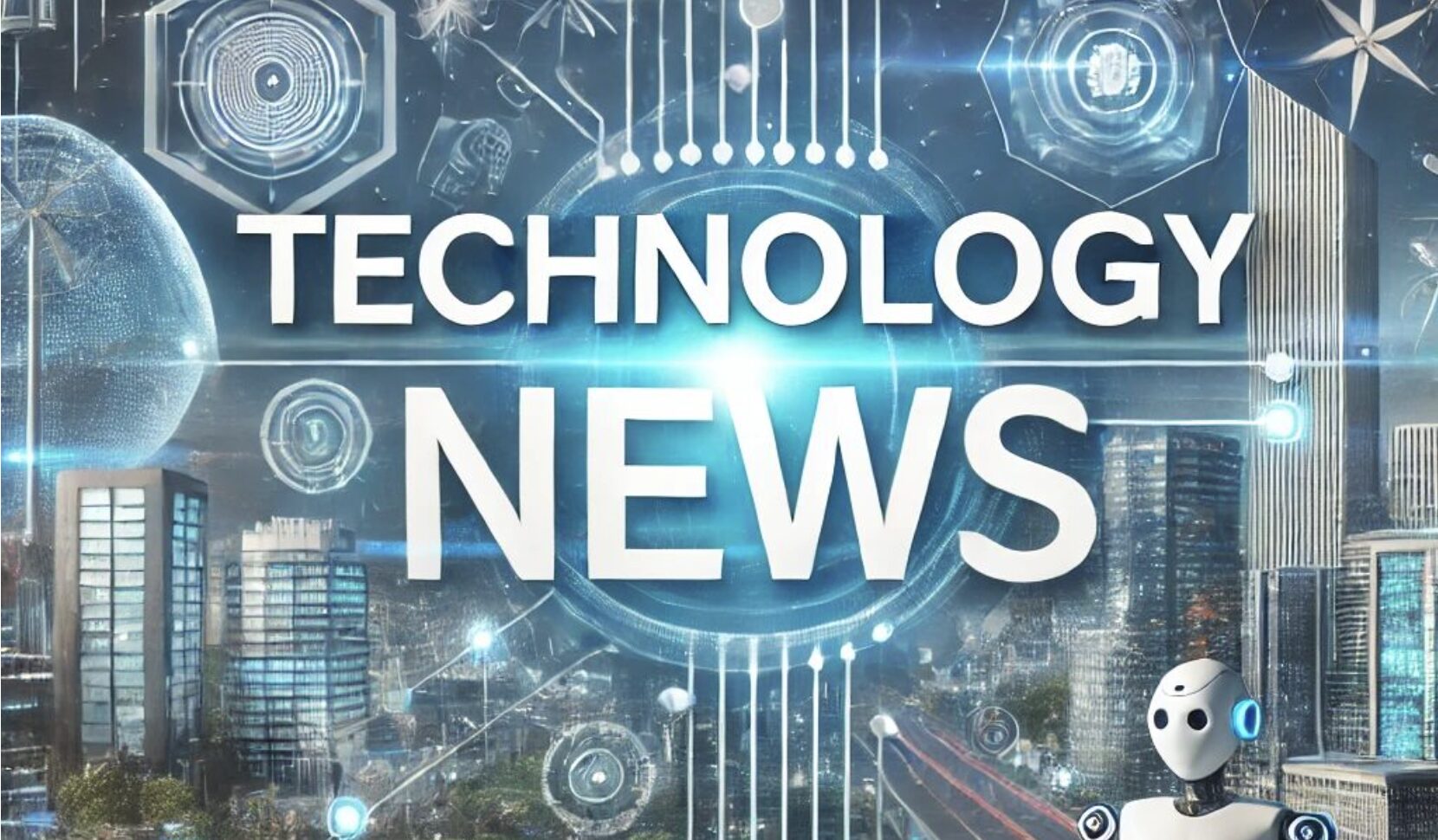
AI automation is a rapidly evolving field, with 2024 set to bring significant advancements that will transform industries and redefine workflows. Key trends include the integration of generative AI, increased use of intelligent automation, and the proliferation of AI-powered virtual assistants. This article explores these trends, their underlying causes, and their potential impact.
Background

The surge in AI automation is driven by the need for increased efficiency, cost reduction, and the ability to handle complex tasks. Companies are leveraging AI to streamline processes, enhance customer experiences, and maintain competitiveness in a fast-paced market. The advancements in AI models, such as GPT-4V and the anticipated GPT-5, are facilitating these changes by offering more powerful and versatile capabilities.
Key Events

Generative AI and Intelligent Automation: Generative AI, particularly large language models (LLMs) like GPT-4V, are enhancing automation by enabling more intuitive and efficient human-machine interactions. These models can process and generate content across multiple modalities, including text and images, opening new possibilities for applications in customer service, content creation, and more (IBM – United States) (Appian).
Digital Worker-First Processes: Automation tools are evolving to prioritize digital workers—software bots that can perform a wide range of tasks. This shift aims to increase productivity and reduce the burden on human workers, allowing them to focus on more strategic activities (SS&C Blue Prism).
Platform Play Over Pure Play: Businesses are moving from isolated automation solutions to comprehensive platform-based approaches. This trend involves integrating various automation tools into a single, cohesive system that offers greater flexibility and scalability (SS&C Blue Prism).
Enhanced Accessibility for Citizen Developers: AI and automation tools are becoming more accessible to non-technical users, enabling “citizen developers” to create and manage automation workflows. This democratization of technology empowers more employees to contribute to digital transformation efforts (UiPath).
Ethical AI and Governance: With the increasing adoption of AI, there is a heightened focus on ethical considerations and governance. Organizations are implementing robust frameworks to ensure AI is used responsibly, addressing issues like bias, security, and compliance (SS&C Blue Prism) (Tech Wire Asia).
Proactive Virtual Assistants: Virtual assistants are evolving from simple chatbots to sophisticated AI agents capable of handling complex tasks autonomously. These assistants can manage emails, schedule appointments, and even generate reports, significantly boosting productivity (Tech Wire Asia) (Appian).
Public Reaction

The public response to AI automation is mixed, with enthusiasm about its potential benefits tempered by concerns over job displacement and privacy issues. Social media platforms and news outlets reflect both excitement about the efficiency gains and apprehension about the broader implications for the workforce.
Key Points

- The integration of AI into everyday tasks is set to transform various sectors, particularly customer service, content creation, and workflow automation.
- Companies need to focus on ethical AI practices to build trust and ensure compliance with emerging regulations.
- The accessibility of AI tools to non-technical users will democratize innovation and drive widespread adoption.
Conclusion

AI automation is poised to reshape the business landscape in 2024, offering unprecedented opportunities for efficiency and innovation. Organizations that embrace these trends and invest in ethical AI practices will be well-positioned to thrive in this new era. The continued evolution of AI models and tools will further enhance their capabilities, making AI an integral part of everyday operations.
For more detailed insights, you can refer to sources like IBM Blog, UiPath, SS&C Blue Prism, Tech Wire Asia, and Appian.

